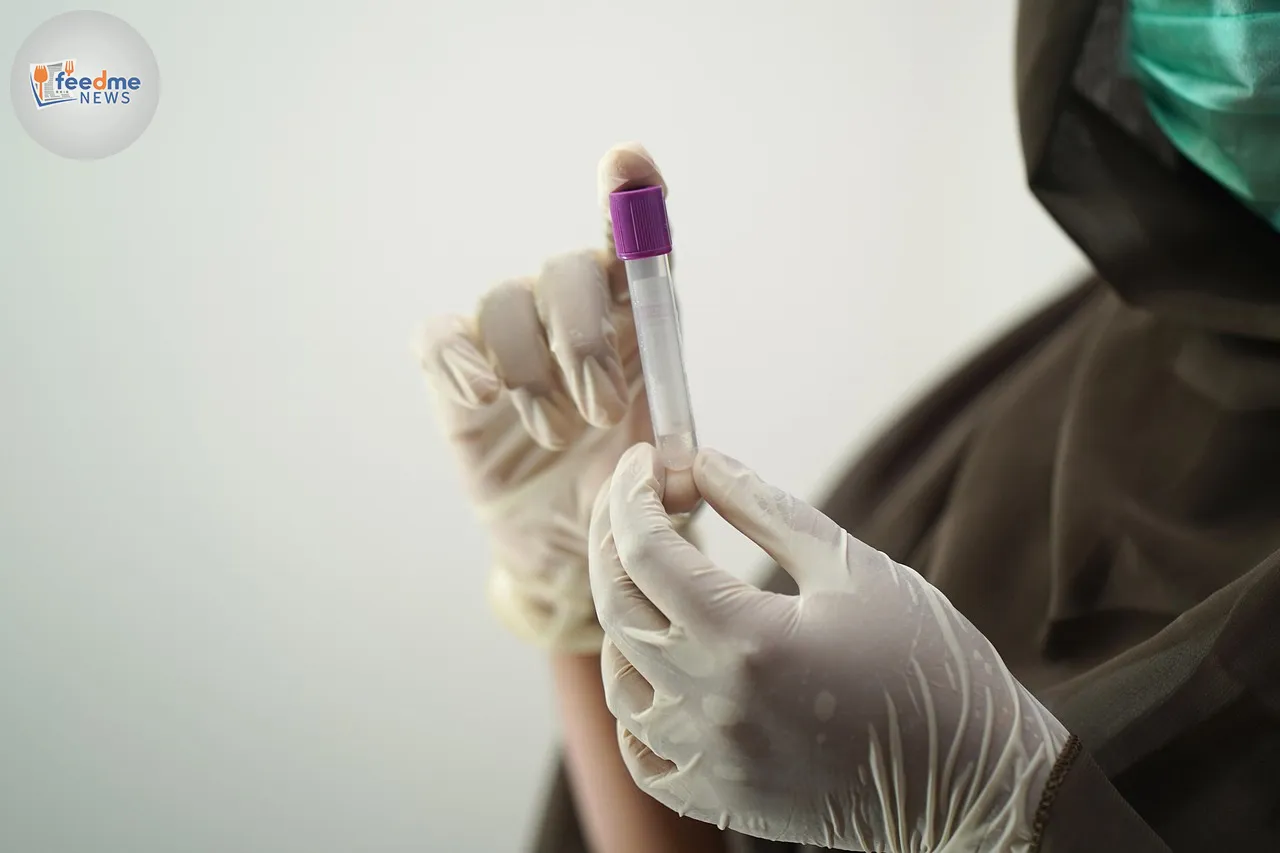The German Institute for Quality and Efficiency in Health Care (IQWiG) has released a critical analysis on the use of biomarker-based tests in determining treatment paths for breast cancer patients. The study highlights potential risks associated with relying on these tests for making decisions about adjuvant chemotherapy in cases of first-time, hormone receptor-positive, and HER2/neu-negative breast cancer. The findings suggest that while these tests are designed to personalise treatment, they may inadvertently lead to harmful decisions.
Examining the Context and Timing
The IQWiG’s study comes at a critical time when personalised medicine is increasingly being adopted in cancer treatment strategies. Published on 7 July 2025, the research scrutinises the efficacy and safety of biomarker-based tests, which have been touted as a revolutionary step in tailoring cancer treatment to individual patient profiles. These tests are primarily used to predict the likelihood of cancer recurrence, thereby influencing the decision to pursue chemotherapy after surgery.

Evaluating the Efficacy of Biomarker Tests
Biomarker-based tests are designed to assess the risk of breast cancer recurrence by analysing gene expressions. However, the IQWiG study warns that the reliability of these tests in guiding chemotherapy decisions is questionable. Dr. Petra Schnell, a lead researcher at IQWiG, stated, “Our findings indicate that these tests may not always provide a clear benefit and could lead to overtreatment or undertreatment.” The study analysed data from various clinical trials and found inconsistencies in test outcomes, which could potentially mislead treatment decisions.
Potential Risks and Concerns
The primary concern raised by the IQWiG analysis is the possibility of incorrect treatment paths due to reliance on these tests. Patients who might benefit from chemotherapy could be advised against it, while others who do not need aggressive treatment might be subjected to unnecessary chemotherapy. This misalignment can have significant implications on patient health, both physically and emotionally. The study calls for a more cautious approach, emphasising the importance of integrating clinical judgment with test results.
Expert Insights and Recommendations
The medical community is divided on the use of biomarker-based tests. Some experts advocate for their potential to reduce unnecessary chemotherapy, while others, echoing the IQWiG’s concerns, urge caution. Dr. Lisa Berger, an oncologist at Berlin’s University Hospital, noted, “While these tests offer valuable insights, they should not replace the nuanced decision-making process that involves patient history and clinical expertise.” The report recommends further research and refinement of these tests to ensure they provide accurate and actionable insights.
Looking Ahead: Implications for Breast Cancer Treatment
The findings from the IQWiG study underscore the need for a balanced approach in breast cancer treatment. As healthcare systems increasingly move towards personalised medicine, the integration of biomarker-based tests must be handled with care. The study advocates for a combination of traditional clinical assessments and modern testing methods to optimise treatment outcomes. This hybrid approach could bridge the gap between innovation and patient safety, ensuring that treatment decisions are both personalised and evidence-based.
The ongoing debate around biomarker-based tests highlights the broader challenges in adopting new technologies in healthcare. As researchers and clinicians continue to explore the potentials and pitfalls of these innovations, patient safety and treatment efficacy remain paramount. The IQWiG’s study serves as a crucial reminder of the complexities involved in cancer treatment and the need for continuous evaluation and adaptation in medical practices.






